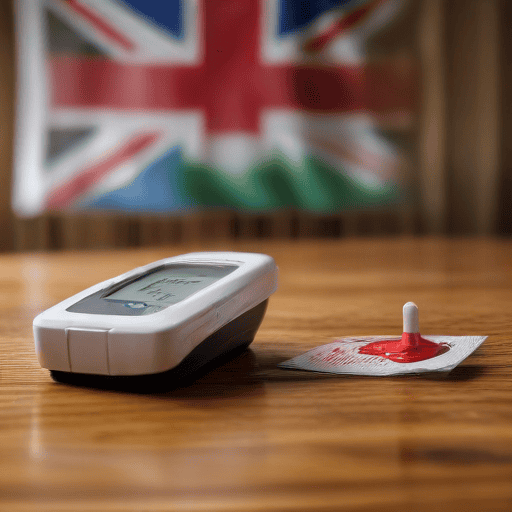The annual financial burden of diabetes in Fiji is estimated to be around $145 million. Dr. Devina Nand, the Head of Wellness at the Ministry of Health and Medical Services, highlights the urgent need for economic interventions to combat this growing public health crisis, particularly Type 2 diabetes.
According to Dr. Nand, the effects of diabetes extend beyond individual health, significantly compromising the quality of life and economic productivity of the entire nation. The reported cost encompasses productivity losses attributed to mortality, absenteeism—missing work entirely—and presenteeism, which refers to employees being present at work but underperforming due to health issues.
The financial implications of managing diabetes are staggering; care expenses are reportedly 3.2 times higher than the average healthcare spending per person and can escalate to nearly 19.4 times greater when complications arise.
Dr. Nand poses a thought-provoking challenge, asking, “If this doesn’t motivate us to act, then what will?” This call to action underscores the importance of addressing diabetes not only as a medical issue but as a pressing economic concern.
The article emphasizes a critical public health message and the potential for impactful changes that could improve the lives of many Fijians while easing the economic strain on the healthcare system. By prioritizing preventive measures and fostering healthier lifestyles, the nation can hope to reduce both the human and financial toll of diabetes significantly.
In summary, with a concerted effort from the government, healthcare providers, and the community, there is hope to shift these alarming statistics and create a healthier future for Fiji.

Leave a comment